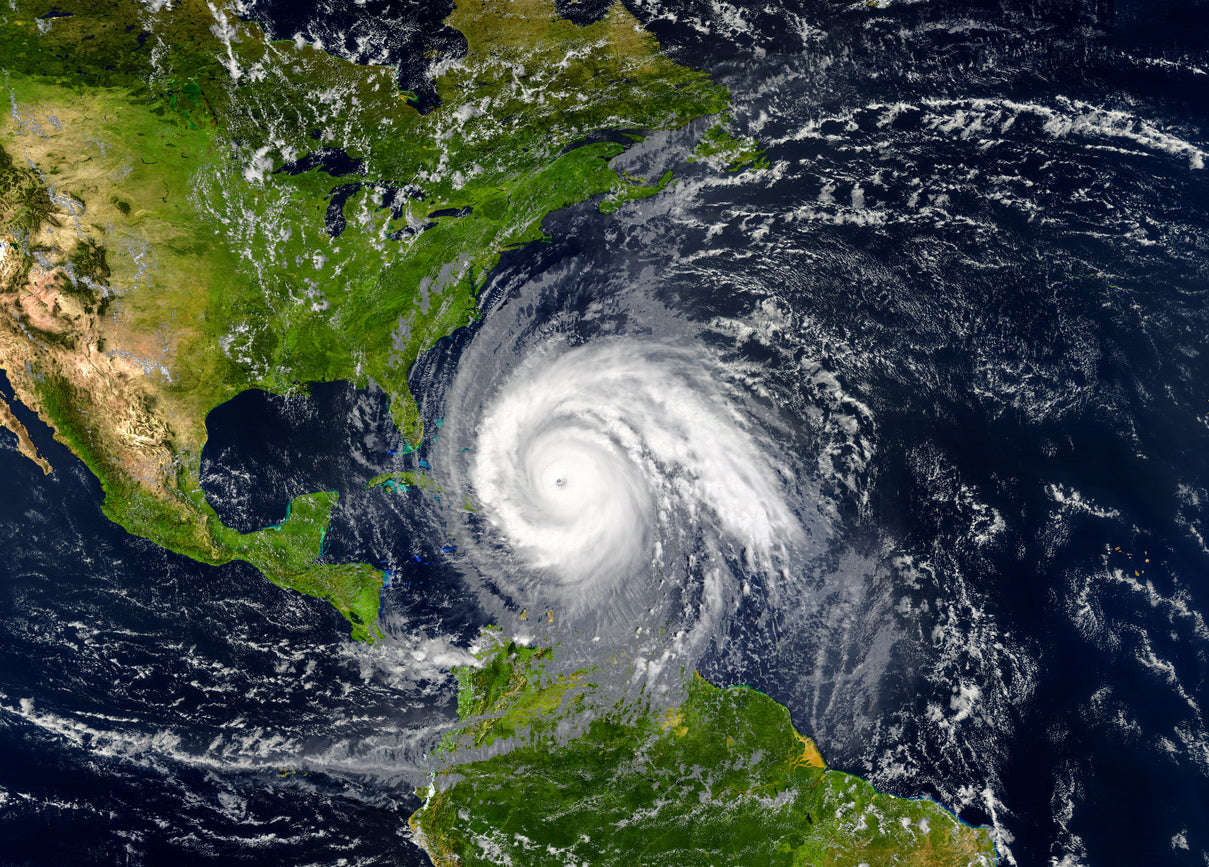Optimizing Your Preparedness for Future Hurricanes
As we reflect on the lessons learned from Hurricane Helene, it becomes evident that preparedness is not just about responding to a storm; it's about building a culture of safety and resilience within communities. Here are some actionable steps you can take to optimize your preparedness for future hurricanes:
1. Create an Emergency Plan
Every household should have a comprehensive emergency plan in place. This plan should outline:
- Evacuation routes: Identify multiple routes in case one becomes impassable.
- Communication strategies: Designate a family meeting point and establish a communication method.
- Important contacts: Compile a list of emergency contacts, including local emergency services and family members.
Make sure all family members are familiar with the plan and conduct regular drills to ensure everyone knows what to do in an emergency.
2. Assemble an Emergency Kit
An emergency kit is essential for ensuring your family’s safety during a hurricane. Key items to include are:
- Non-perishable food: Stock enough food to last at least three days.
- Water: Store at least one gallon of water per person per day for three days.
- First aid supplies: Include bandages, antiseptics, and any personal medications.
- Flashlights and batteries: Power outages are common during hurricanes.
- Multi-tool or knife: Useful for various tasks during emergencies.
- Important documents: Keep copies of insurance policies, identification, and medical information.
Regularly check and refresh your emergency kit to ensure everything is up to date.
3. Stay Informed
Sign up for local weather alerts and emergency notifications. Understanding the signs of an impending storm can make a significant difference in your response time. Resources such as NOAA Weather Radio and local news outlets provide crucial updates during storm events(NASA Applied Sciences).
Engaging the Community
Community engagement is vital for collective preparedness. Here are ways you can contribute:
1. Participate in Local Preparedness Programs
Join local disaster preparedness programs and workshops offered by community organizations or government agencies. These programs often provide valuable information on how to prepare your home and family for hurricanes and other emergencies.
2. Volunteer for Recovery Efforts
After a hurricane, many communities require assistance with cleanup and recovery. Volunteering for these efforts not only helps your neighbors but also fosters a sense of solidarity and resilience within the community.
3. Advocate for Stronger Building Codes
Engage with local government officials to advocate for stronger building codes and land-use policies that promote resilience against hurricanes and flooding. Sustainable planning can mitigate damage from future storms and enhance overall community safety.
Conclusion: Building a Culture of Safety
The aftermath of Hurricane Helene (2024) reinforces the necessity of comprehensive preparedness and resilience-building within communities. By learning from past events and actively engaging in safety initiatives, we can foster a culture that prioritizes disaster readiness.
As we move forward, it's crucial to remember that while hurricanes may be a natural part of our environment, our response can significantly mitigate their impact. Implementing proactive measures, participating in community efforts, and continually educating ourselves and our neighbors can help ensure that when the next storm approaches, we are better prepared to face it.
Stay informed, stay prepared, and let us work together to build safer, more resilient communities.

